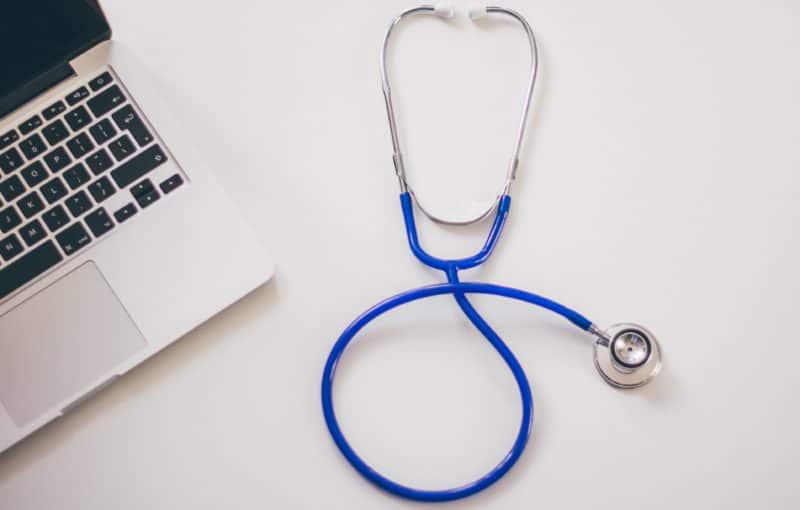Humanity is, in its way, blessed when it comes to health matters because we’re the only species that can pick up a phone or walk into healthcare practice and get help when we’re unwell. The flipside of this is that we have come to have a somewhat distorted view of the role of doctors in personal health. We sometimes expect that we will be able to tell a doctor our symptoms and how we’ve been feeling, and they’ll be able to say to us in return precisely what’s wrong – and unfortunately, health isn’t that simple. You can improve your chances of a positive outcome to a health concern by knowing what to ask a doctor, what to tell them, how to research and when to be sceptical – and the tips below will assist you in this.
Don’t expect a prescription from every appointment

Suppose you’re experiencing a health issue or advocating for someone who is. In that case, it’s common to turn up to a medical appointment expecting that you will walk out of there with medication to make things better – but that’s not always possible. It’s also not always desirable: in some practices, there is a policy of giving people medication to make them feel like something is being done. It ends up with patients seeking help from Rosenfeld Injury Lawyers medication has made things worse. The proper medication can make a big difference to your well-being, but the wrong choice can make effective treatment harder and even make you ill – so accept that caution is no bad thing.
Your doctor can’t know everything
The number of diseases in the world is estimated at around 10,000, and there is a chance that it’s higher. Once you roll injuries and other complications into the mix, even the most experienced doctors can’t know with confidence how all of those disorders present and how they affect you. So if you have a somewhat esoteric long-term condition, there is a genuine chance you know some things about it that your doctor doesn’t – and your conversations with them should be guided by this knowledge. This doesn’t mean you berate your practitioner into agreeing with you. Still, you can make a consultation into a proper consultation, where you bring some facts to the table and work together with a doctor to get the best outcomes.
Don’t get a diagnosis from Dr Google – but the internet can be useful

It’s possible to type in the symptoms for a minor sickness on Google and, within a few clicks, be reasonably confident that you’ve got some terminal illness. Information control is an essential part of using the internet for health information – you should never use it to get a diagnosis on an unfamiliar symptom because only a doctor can genuinely diagnose.
With that said, there are good health information resources online which can help you direct your queries in the right directions. The critical thing to remember is that the internet is merely a supporting tool in your health armoury: expert medical opinion, professional examination, and occasionally testing – including a blood draw – will be the only way to confirm your suspicions as right or wrong.
